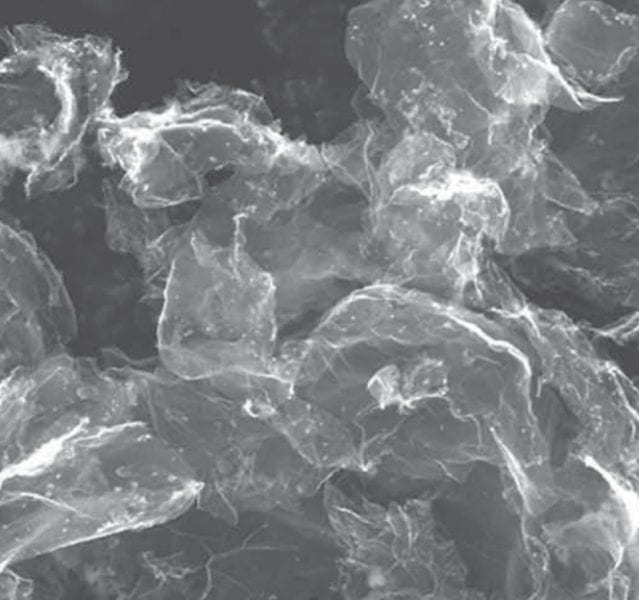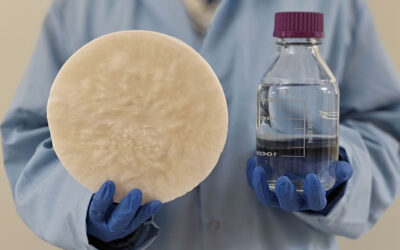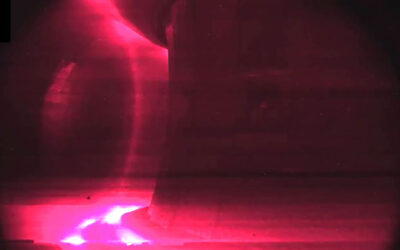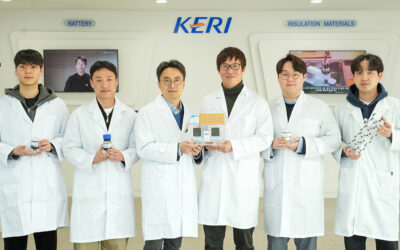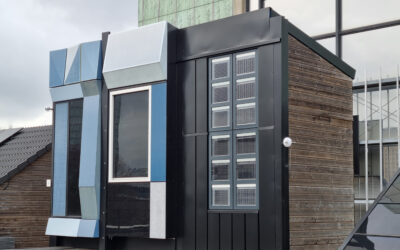Surface modification is an intriguing strategy to tailor the surface chemistry of carbon materials to modify their electrochemical performance. Graphene, a novel two-dimensional carbon, is expected to be a high-power electrode material for lithium ion batteries due to its unique properties. However, the complex surface chemistry of chemically-derived graphene can induce solid electrolyte interphase passivation by electrolyte reduction or decomposition, and thus produce a fast degradation in performance.
Recently, the Cheng group reported LiF-nanoparticle-modified graphene as a high-rate, large capacity electrode for Li-ion batteries. The LiF nanoparticles covering the active sites of the graphene surface provide an extra Li source and act as an effective passivation inhibiter, suppressing electrolyte decomposition reactions, reducing interphase thickness, and consequently accelerating Li-ion diffusion and improving the thermodynamic stability of the electrode.
This surface-modified graphene electrode shows excellent lithium storage performance with a large capacity, excellent cyclic life, high rate ability, and high power and energy densities. This work provides new insights into the research and development of high-power Li-iom batteries by the surface modification of electrode materials.

